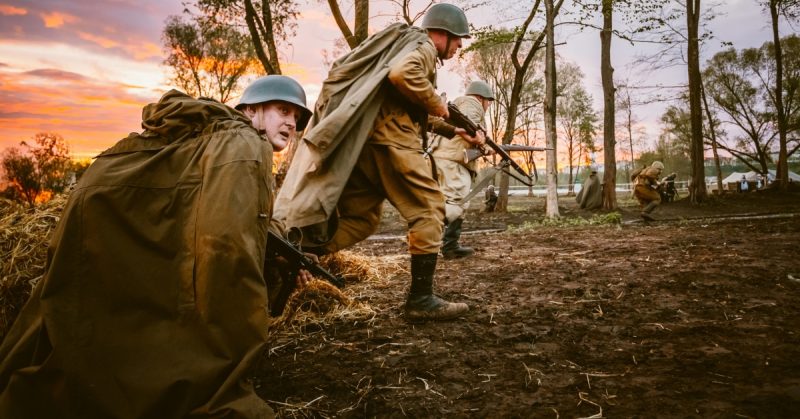It is one the quirks of history that the country which did the most to defeat Hitler—and along with China, suffered the most—ended up with only a small share of the credit, its contribution largely forgotten.
As explained by David Glantz and Johnathan House, from June through December 1941 the Soviets fought alone against Germany with the exception of a minor contribution from Great Britain. Over three million German soldiers fought in the East while only about a million fought elsewhere or rested in the German heartland.
During the next year over 9 million total soldiers fought on both sides in the East, while the other major theater of the war consisted of minor British and American action in North Africa.
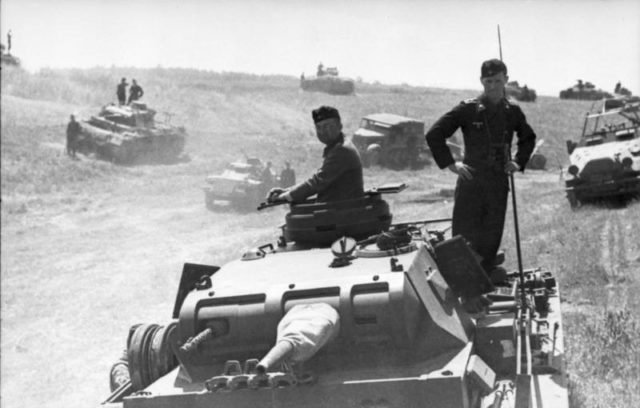
In November 1942 the British celebrated the victory at El Alamein, which defeated 4 German divisions and caused 60,000 Axis losses. In the same month at Stalingrad, the Soviets encircled the German 6th Army, mauled the 4th Panzer army, and smashed the Romanian Third and Fourth Armies, with losses for the Axis Powers totaling 50 divisions and 300,000 men.
By May of 1943 the Allies had smashed the Germans in North Africa, netting 250,000 prisoners, while the Soviets had destroyed or badly damaged another 3 armies and 300,000 men.
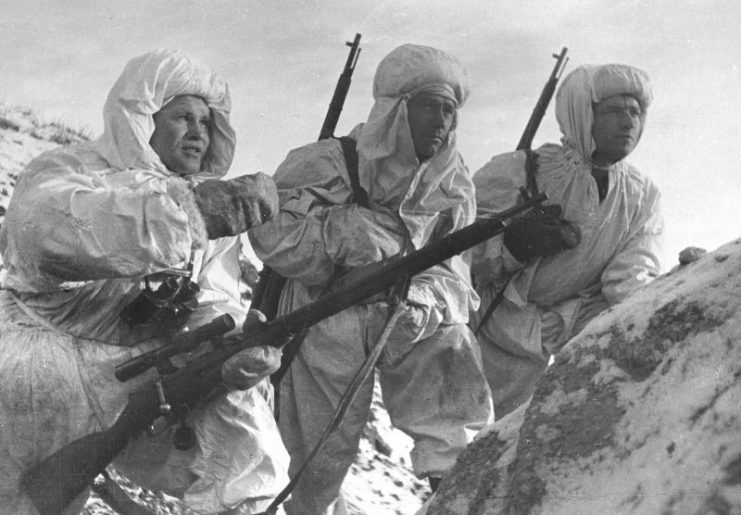
While over 5 million people were fighting over a 400 mile front from Smolensk to the Black Sea Coast, the Western Allies invaded Sicily and drove 60,000 from the island.
By October of 1943, 2.5 million Germans opposed 6.6 million Soviets, and this represented 63% of the German Army’s total strength. When the Allies invaded in 1944, 239 German divisions were still in the East, representing 62% of the German Army’s strength. From 1944 to the end of the war, except for a brief spike during the Battle of the Bulge, two-thirds of German losses were in the East.
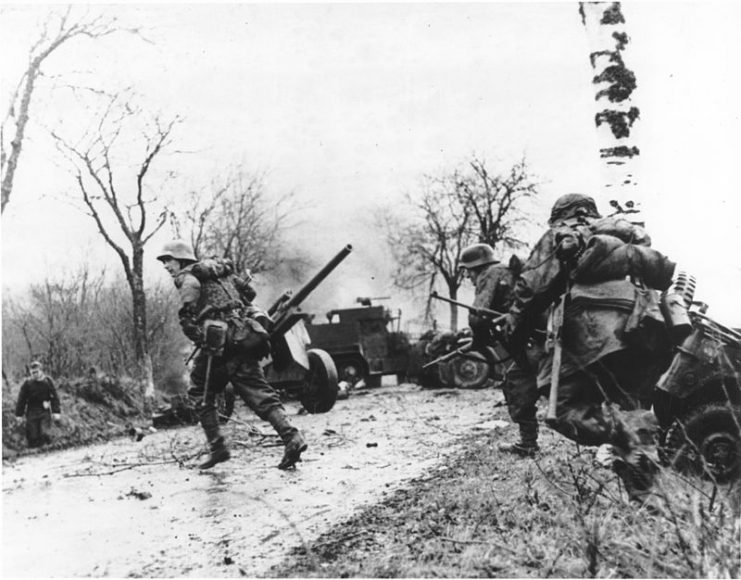
The Soviets accomplished this despite losing massive amounts of soldiers, civilians, and industrial capacity. Their entire industrial base, equal to the territory of the United States from the East Coast to the Mississippi River, was occupied by the enemy.
Estimates vary wildly, but the Soviets lost anywhere from 16 to 50 million people during the war, more than all of the other Western allies put together. Regardless of the exact numbers, the end result is that the Soviet Union arguably did the most to defeat Nazi Germany.
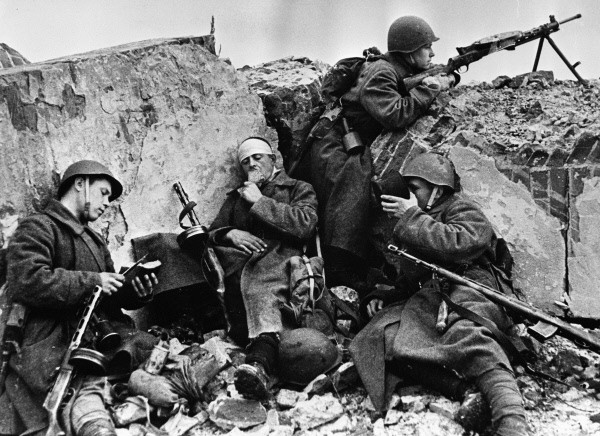
While the Soviets liberated Eastern Europe, they also brought with them purges of their enemies, show trials, and puppet communist governments. The free resistance groups in Warsaw, Poland and Prague, Czechoslovakia tried to revolt when the Red Army was close, so that the Soviets could not have a say in their post-war future. The Soviets largely let the Germans liquidate the uprisings.
After the war, the Soviet Union’s communist apparatus became an oppressive Iron Curtain that curtailed freedom and made them and their satellites an antagonistic block against the Western democracies.
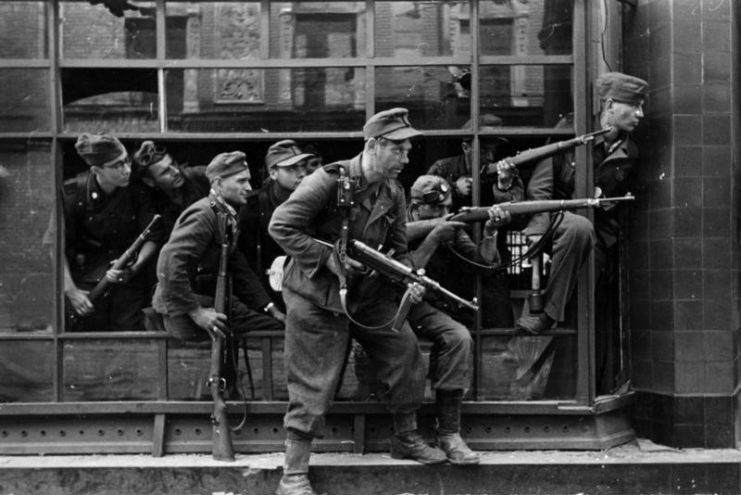
In addition to Cold War tensions, many of the materials needed for research into the Soviets’ contribution to the war were in restricted archives. Western historians largely relied upon German archives which, despite the Germans’ fighting the Soviets for years, had limited insights into their military.
The historians also relied upon the memoirs of German generals who were loath to give the Soviets credit. Most of those memoirs focused on the heady, early days of the war when the Soviet army was reeling from Stalin’s purges and German success. The German generals didn’t focus on the rather skillful Soviet operations late in the war, but instead blamed their defeat on the Red Army’s superior numbers or Hitler’s micromanaging.
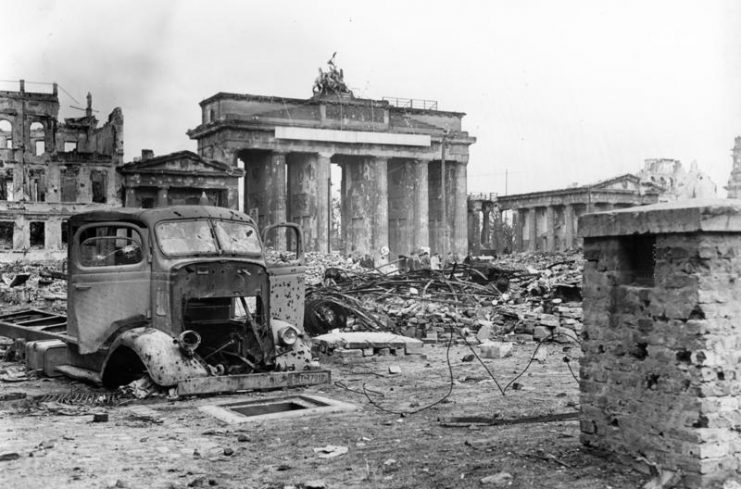
The Soviets didn’t help themselves by writing histories that were more concerned with exaggerated praises of Soviet success and the Communist system than with offering measured evaluations of Soviet performance during the war. The accurate material they did include was buried under propagandist fluff, so it was discounted by the larger academic community.
Even today there are few people who have the language training and willingness to put in the massive amounts of work needed in the Soviet archives to correct the record.
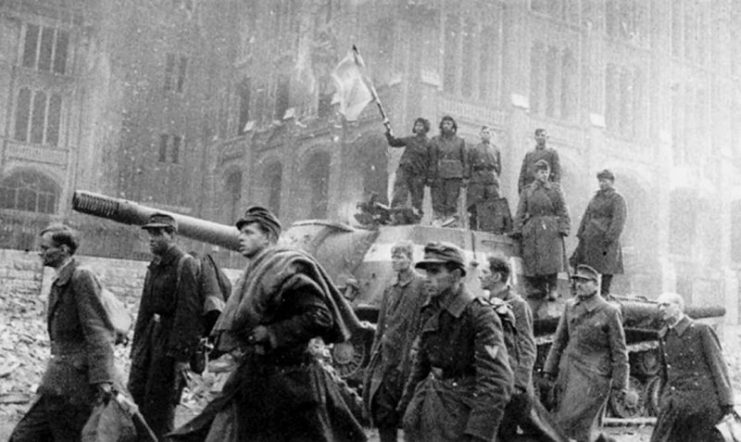
Read another story from us: Doping for War – Russian Vodka and German Amphetamines in WWII
Overall the quirk of history adds a tragic coda to the suffering of the citizens of the USSR. They bore the brunt of the German Army’s aggression for much of the war and they sustained the vast majority of both combat and civilian deaths during the war. But due to the Cold War, the lack of access to archives, and Soviet propaganda, that contribution is largely ignored to this day.
